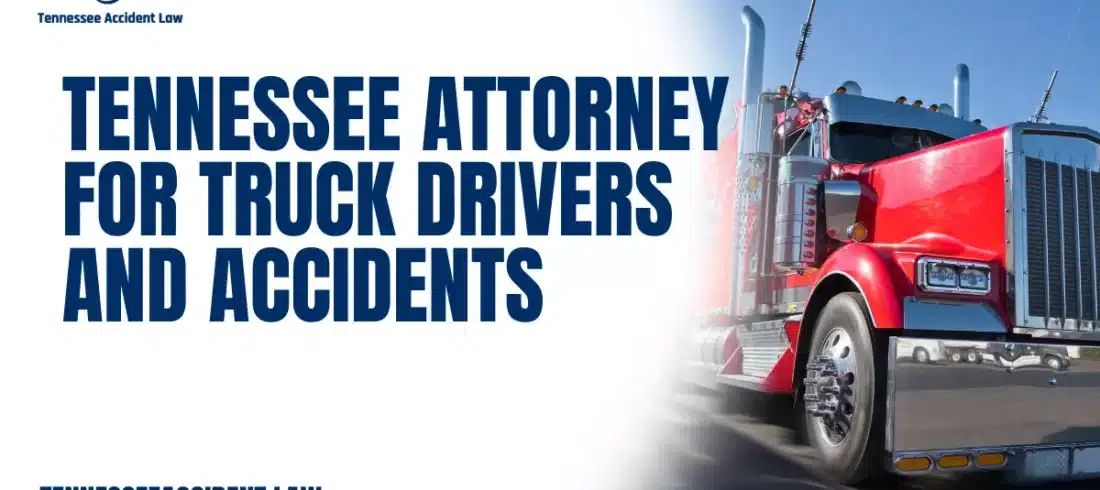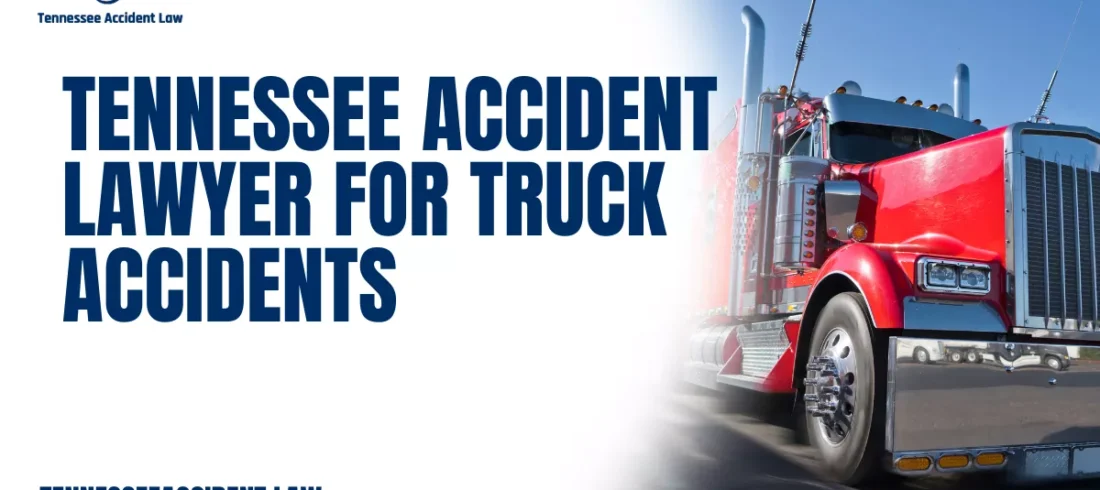How FMCSA Regulations Affect Truck Accident Claims in Tennessee
Truck accidents can result in devastating consequences for victims, including severe injuries, property damage, and financial hardships. In Tennessee, understanding how FMCSA regulations and truck accidents intersect is critical when pursuing compensation for injuries sustained in these incidents. At Tennessee Accident Law, we specialize in helping victims of truck accidents navigate the complexities of federal regulations and secure the justice they deserve. Contact us today or complete our free case evaluation form.

Understanding FMCSA Regulations and Their Role in Truck Accidents
The Federal Motor Carrier Safety Administration (FMCSA) establishes rules and standards aimed at promoting safety in the trucking industry. These regulations cover various aspects of commercial trucking, including driver qualifications, vehicle maintenance, hours of service, and more.
When a truck accident occurs, determining whether a violation of FMCSA regulations contributed to the crash can be pivotal in establishing liability. Common violations include:
- Exceeding Hours of Service (HOS) Limits: Drivers are limited in the number of hours they can drive without rest. Violating these rules often leads to driver fatigue, a leading cause of truck accidents.
- Improper Maintenance: FMCSA regulations mandate routine inspections and maintenance of commercial vehicles. Neglecting these standards can result in mechanical failures.
- Unqualified Drivers: Drivers must meet specific requirements, including holding a valid Commercial Driver’s License (CDL). Unqualified drivers increase the risk of accidents.
- Overloaded or Improperly Loaded Cargo: FMCSA sets weight limits and loading protocols to ensure stability. Violations can cause rollovers or cargo spills.
How FMCSA Violations Impact Truck Accident Claims
When pursuing a claim after a truck accident in Tennessee, proving that an FMCSA violation occurred can significantly strengthen your case. These violations often point to negligence, which is a critical element in personal injury claims.
For example:
- If a truck driver exceeded HOS limits and caused an accident due to fatigue, this violation can serve as evidence of negligence.
- If a poorly maintained vehicle leads to a brake failure and subsequent collision, the trucking company may be held liable for failing to adhere to FMCSA maintenance requirements.
At Tennessee Accident Law, a Tennessee truck accident lawyer will meticulously investigate the circumstances surrounding each case to identify potential FMCSA violations. This detailed approach ensures we build a strong foundation for your claim.
Key FMCSA Regulations Relevant to Truck Accident Claims
Several FMCSA rules are particularly relevant to truck accident cases:
Hours of Service (HOS) Rules
Drivers are required to adhere to strict limits on driving hours. The regulations include:
- A maximum of 11 hours of driving within a 14-hour workday.
- Mandatory 30-minute breaks after 8 hours of driving.
- A minimum of 10 consecutive hours off duty between shifts.
Failure to comply with these rules often results in fatigue-related accidents.
Vehicle Inspection and Maintenance
The FMCSA mandates regular vehicle inspections, including daily checks by drivers and periodic reviews by trucking companies. Common inspection points include:
- Brake systems
- Tires and wheels
- Steering mechanisms
- Lighting systems
Lapses in maintenance can lead to catastrophic failures on the road.
Driver Qualification Standards
To legally operate a commercial truck, drivers must meet FMCSA standards, including:
- Possessing a valid CDL.
- Undergoing medical examinations to ensure physical fitness.
- Completing adequate training.
Unqualified or improperly trained drivers pose a significant risk to public safety.
Alcohol and Drug Testing
The FMCSA enforces strict drug and alcohol testing protocols for commercial drivers. Testing is required:
- Before employment
- Randomly during employment
- Following accidents involving fatalities or serious injuries
Substance abuse is a major factor in many truck accidents, and non-compliance with testing requirements can be critical evidence in a claim.

Proving Liability in FMCSA-Related TennesseeTruck Accidents
Establishing liability in a truck accident case often involves proving that a violation of FMCSA regulations directly caused or contributed to the crash. This process typically requires:
- Reviewing Trucking Logs and Records: HOS violations can often be identified by examining electronic logging devices (ELDs) and driver logs.
- Analyzing Maintenance Records: Neglected repairs or falsified inspection reports can reveal non-compliance with FMCSA standards.
- Securing Witness Testimonies: Statements from other drivers, passengers, or bystanders can provide critical insights into the circumstances of the accident.
- Expert Analysis: Accident reconstruction experts can help determine whether FMCSA violations played a role in causing the collision.
At Tennessee Accident Law, we have the expertise and resources to uncover critical evidence and hold negligent parties accountable.
Common Challenges in FMCSA-Related Truck Accident Cases
While FMCSA violations can bolster your claim, navigating these cases can be complex. Challenges often include:
- Resistance from Trucking Companies: Many companies have legal teams dedicated to minimizing liability and may dispute claims of negligence.
- Insufficient Evidence: Proving an FMCSA violation requires thorough investigation and documentation.
- Multiple Defendants: Liability may extend beyond the driver to include the trucking company, vehicle manufacturers, or cargo loaders.
Our team is well-versed in overcoming these obstacles, ensuring our clients receive the compensation they deserve.
The Importance of Acting Quickly After a Truck Accident
Evidence in truck accident cases can quickly disappear, making it essential to act promptly. Important steps include:
- Filing a police report.
- Seeking medical attention.
- Preserving evidence, such as photos, videos, and witness contact information.
- Contacting a qualified attorney to begin investigating the accident.
At Tennessee Accident Law, we provide a free case evaluation to help victims take the first step toward justice. Don’t wait—time is critical in protecting your rights and securing the compensation you need.

Why Choose Tennessee Accident Law for Your Truck Accident Case
With over 20 years of experience, Tennessee Accident Law has successfully represented clients in complex truck accident cases. We have taken on Fortune 500 companies and insurance giants, securing substantial settlements and verdicts for our clients. Our commitment to excellence ensures that every case receives the attention it deserves.
Take the First Step Today
If you or a loved one has been injured in a truck accident, understanding FMCSA regulations and truck accidents can be the key to securing justice. Let Tennessee Accident Law guide you through this challenging process. Contact us today or complete our free case evaluation form.
Sources:
-
- National Highway Traffic Safety Administration (NHTSA) – Data
NHTSA offers comprehensive data and analytical support concerning highway safety, including crash statistics and traffic records. Their resources encompass various aspects of vehicle safety and crash data systems. - Federal Motor Carrier Safety Administration (FMCSA) – Large Truck and Bus Crash Facts
FMCSA publishes annual reports containing descriptive statistics about crashes involving large trucks and buses. These reports provide detailed information on fatal, injury, and property-damage-only crashes, compiled from multiple data sources. - FMCSA – Large Truck Crash Causation Study
This study examines the reasons behind serious crashes involving large trucks, offering in-depth analysis of crash causation factors. The database includes detailed information on crashes that resulted in fatalities or injuries.
- National Highway Traffic Safety Administration (NHTSA) – Data


